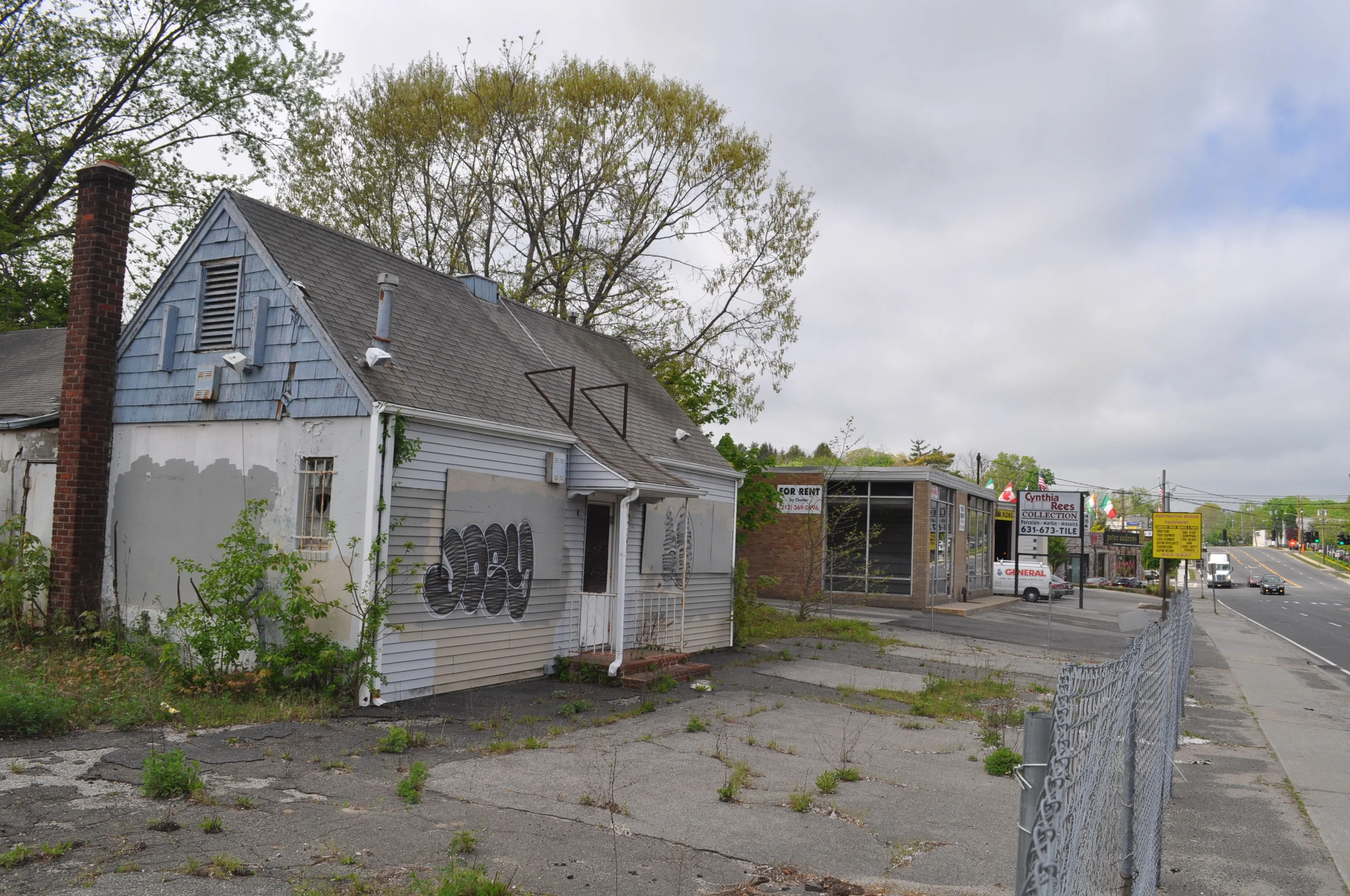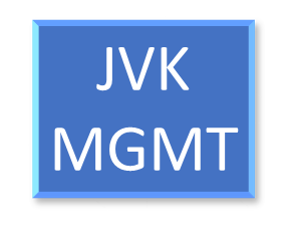Law Sets Fines For Owners Who Don’t Clean Up Graffiti
/Legislation adopted by the Huntington Town Board on July 14 requires graffiti to be quickly cleaned up and gives the town new powers to step in. Pictured, a tagged property on Jericho Turnpike in Huntington Station in May. Long Islander News photo/archive
By Danny Schrafel
dschrafel@longislandergroup.com
Property owners in Huntington who don’t clean up graffiti on their properties are now subject to the same steep fines that are on the books for dilapidated houses.
The town board voted unanimously Tuesday to give owners 10 days after receiving a summons to remove the graffiti before town workers come in and do the job. The owners will be charged the cleanup cost, plus a $250 administrative fee.
If an owner fails to remove the graffiti or pay the town’s cleanup bill within 30 days, the property will be added to a graffiti blight registry. The cost to register for homeowners is $2,500 and $5,000 for commercial property owners.
“If there are going to be properties that are continuously covered with graffiti and the owner’s not taking care of it as they should, there will be repercussions for that,” said Councilwoman Susan Berland, who sponsored the legislation.
The new proposal also expedites the removal of hate graffiti. Vandalism deemed “hateful, derogatory or inflammatory toward race, color, religion, disability, sexual orientation, gender, national origin or ancestry” must be cleared within three days of a notice of violation being issued.
“That’s really important to get any kind of hate graffiti removed as quickly as possible,” Berland said.
While vandalism victims must clean up the graffiti out of pocket or pay the town’s costs for doing so on their behalf, crime victims will not be charged administrative or registration fees in connection with graffiti removal once they produce a police report.
Berland said the town will also help victims of vandalism recover cleanup-related costs in collaboration with the Suffolk County district attorney’s office.
“The town is not looking to hurt anybody who’s doing what they should,” she said.
The graffiti proposal, which takes effect as soon as it is filed with the state secretary of state’s office, largely mirrors the existing blight code, the creation of which Berland championed more than four years ago.
The blight code, which was enacted in 2011 and updated several times to address persistent blight and vacant properties, deems properties blighted when they rack up 100 or more points on a violation rubric ranging from 5 to 50 points. The more serious the violation, the more points that offense is worth on the scale.
Berland is also looking to expand the vacant home code, which was established in 2014.
Legislation that would give the town’s public safety department the power to inspect properties to “identify and confirm, in writing, whether or not dwellings within the Town of Huntington are vacant and abandoned” will be considered at a public hearing set for 2 p.m. on Aug. 11.
Inspections will be provided for “an upfront fee, as established by the town board from time to time, payable to the Town of Huntington and submitted to the Department of Public Safety,” the legislation reads.
The town established a vacant home registry in May 2014, and later tied a 30-point blight penalty to vacant homes in subsequent legislation.





